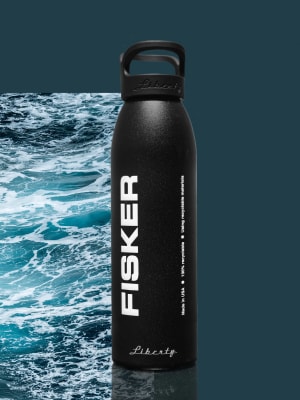Driven by Impact. 2021 Fisker ESG Impact Report.
Driven by
Impact.
ESG Impact Report.

Henrik Fisker’s commitment to beauty, innovation, and clean mobility led him to build Fisker Inc. into a company disrupting the automotive industry through beautiful craftsmanship, ingenious engineering, innovation, affordability, and sustainability.
2016
Carbon-neutrality is in our founding announcement.
2020
Fisker commits to non-financial ESG reporting before going public.
Fisker carefully chooses like-minded partners, including Magna and its carbon-neutral factory.
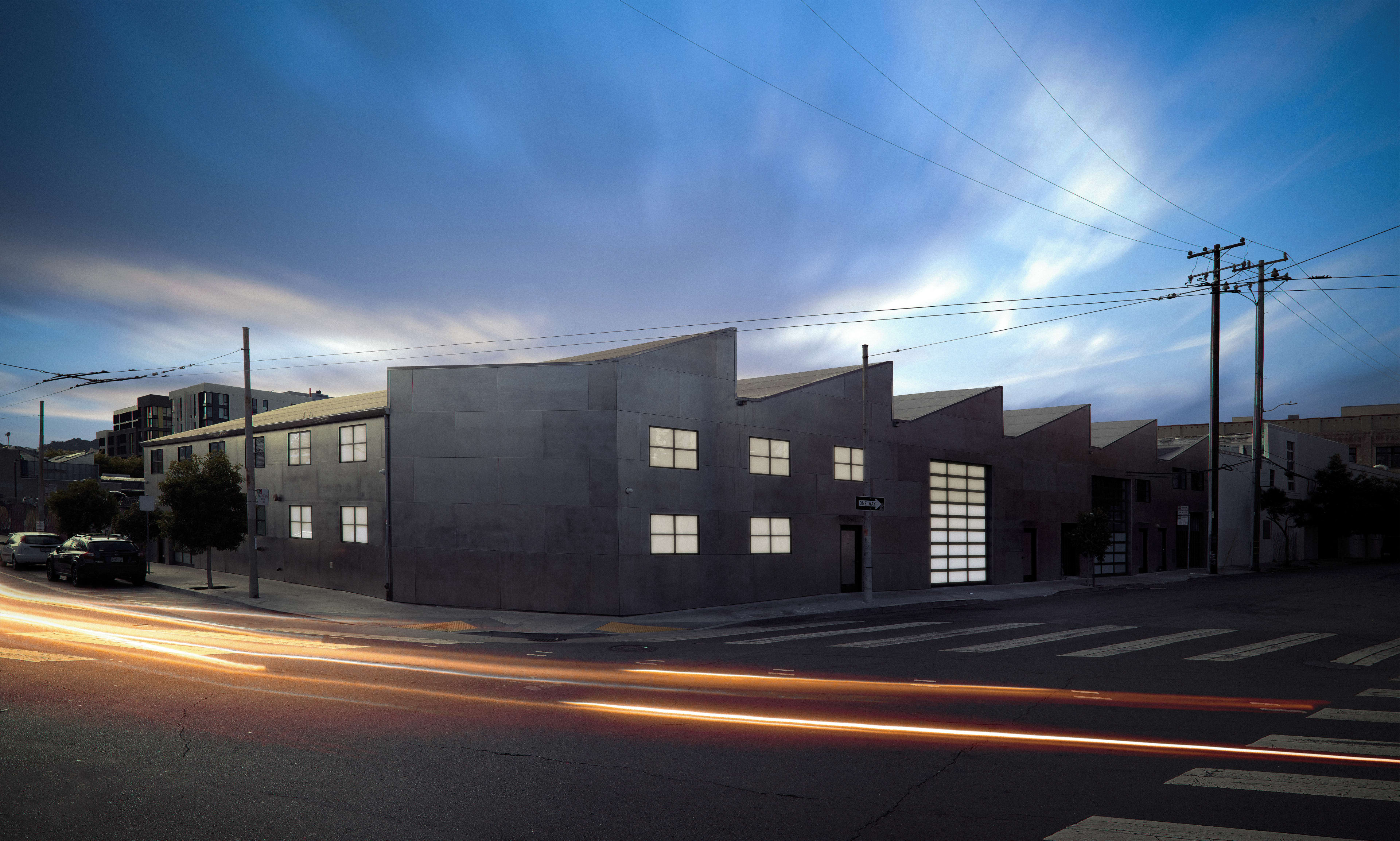
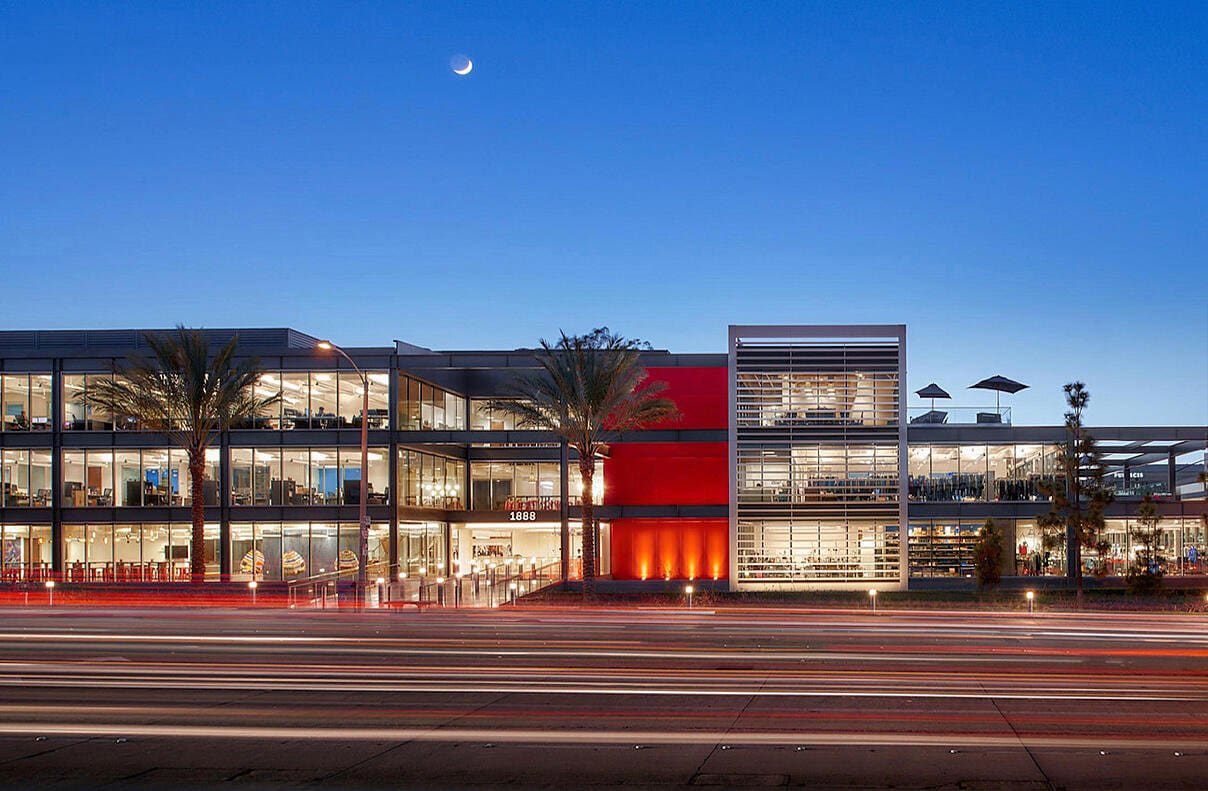
Fisker establishes offices in Los Angeles and San Francisco, CA. Both Green Building certified in 2022.
2021
Fisker announces an aspirational goal to create a 100% climate neutral vehicle by 2027.
Fisker vehicles enable other companies to reach goals of zero emissions mobility.
Fisker signs the United Nations Global Compact as a participant.
2022
Fisker completes auction of NFTs through energy-efficient blockchain partner Solana.

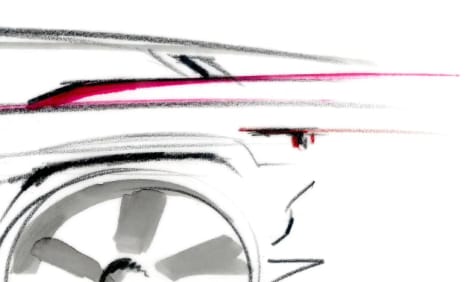
Fisker donates a portion of the funds to the Ocean Conservancy.
Fisker releases this inaugural ESG Impact report, ahead of first vehicle production.
–Henrik Fisker
ESG
in Action
in Action
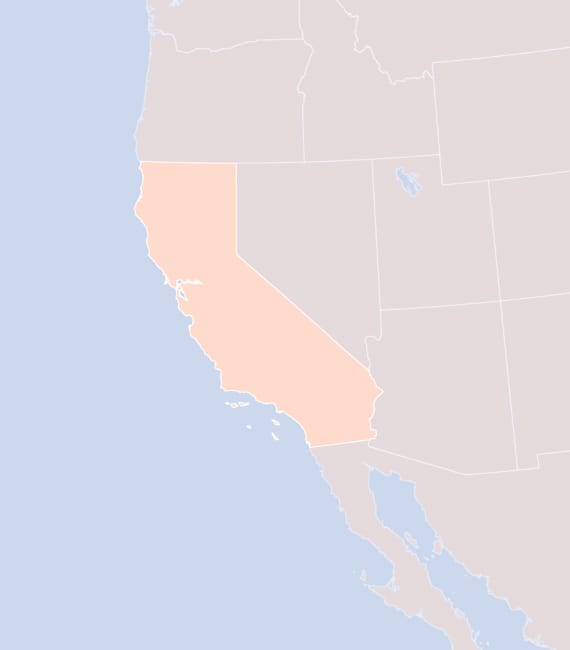
Fisker Merchandise
83% of materials sourced within 1000-mile radius
of the suppliers prioritize EV and non-fossil fuel transport
using recycled content and bio-degradable packaging
of products follow ILO regulations
used either recycled materials or repurposed materials
product is bio-based
made from a minimum of 60% recycled material
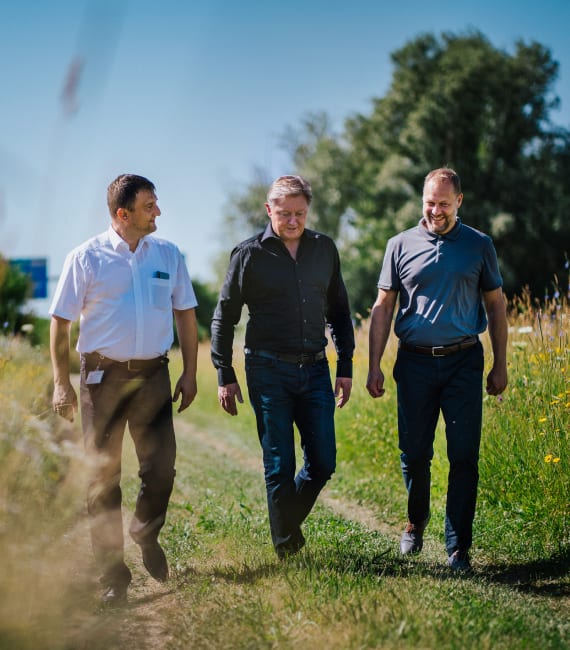
Fisker Ocean
Produced in a carbon-neutral facility powered by 100% renewable energy.
- Production materials for Fisker Ocean sourced locally within 1,000 miles to the Graz, Austria production facility.
- Lifecycle analysis incorporating ISO 14040, 14044 and 14067 principles conducted with refinement upon full production.
- More than 10 KPIs around environmental and social pillars defined by our business partner Magna ahead of production.
50kg+
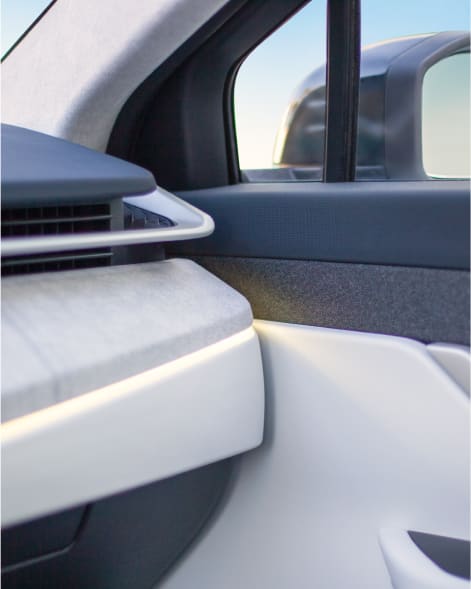
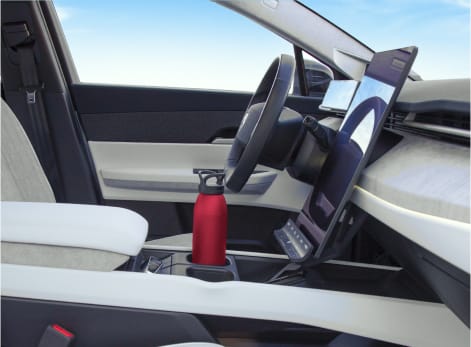
Engineering
Identified opportunities to reduce carbon emissions for the lifecycle of a vehicle.
An internal research study shows that efforts focused on reducing mass and carbon footprint of materials will return a large reduction in overall carbon emissions for the life cycle of a vehicle. In total, the Fisker Ocean will have more than 50 kg recycled polymers or biobased materials.
Fisker materials engineering study identified the optimal material mix, including recycled materials, and mass. Results identified a further reduction in carbon footprint and prompts future reengineering toward improvements for Fisker Pear and beyond.
